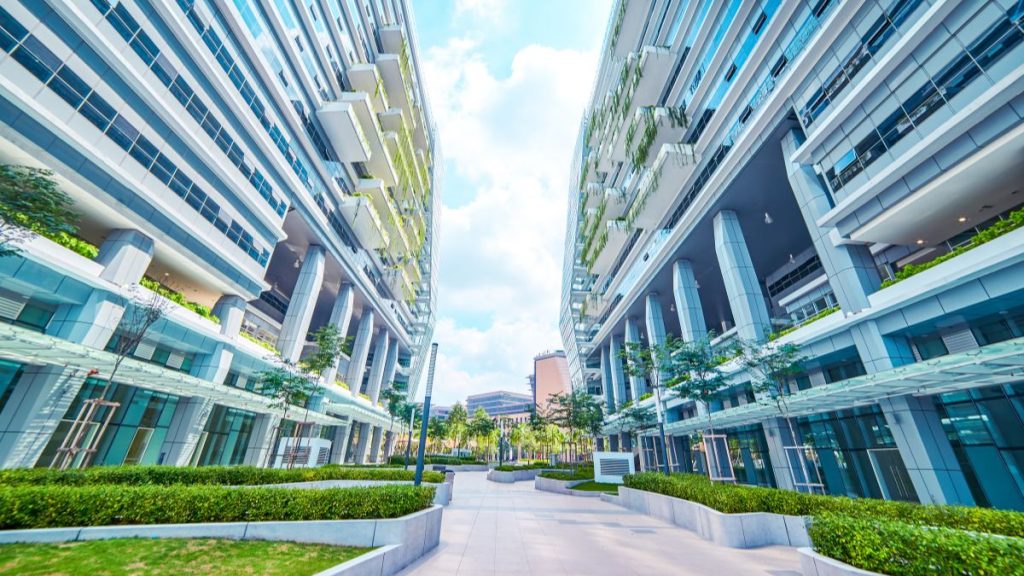In today’s increasingly environmentally conscious world, sustainability has become a paramount consideration in all industries, including construction. As the built environment continues to expand, construction projects have a significant impact on the environment, natural resources, and the communities they serve. Embracing sustainability principles not only helps minimize negative environmental effects but also leads to long-term economic and social benefits. Here’s why sustainability is essential in construction projects:
Environmental Preservation:
Construction activities can have a significant impact on the environment, from resource depletion and pollution to habitat destruction and carbon emissions. By adopting sustainable practices such as using eco-friendly materials, minimizing waste, and reducing energy consumption, construction projects can help preserve natural resources and mitigate environmental harm. From green building certifications like LEED (Leadership in Energy and Environmental Design) to sustainable construction techniques like passive design and renewable energy integration, there are numerous ways to promote environmental sustainability in construction projects.
Resource Efficiency:
Sustainable construction focuses on optimizing resource use and minimizing waste throughout the project lifecycle. From design and procurement to construction and operation, sustainable practices help conserve materials, energy, and water resources. Techniques such as recycling and repurposing construction waste, incorporating energy-efficient technologies, and implementing water-saving measures not only reduce environmental impact but also contribute to cost savings and operational efficiency over the project’s lifespan.
Community Well-being:
Sustainable construction goes beyond environmental considerations to encompass social and economic aspects as well. By prioritizing the health and well-being of building occupants and surrounding communities, construction projects can create positive social impacts. Sustainable buildings offer improved indoor air quality, natural lighting, and thermal comfort, enhancing occupant health and productivity. Additionally, sustainable construction practices can create job opportunities, support local economies, and promote social equity, fostering vibrant and resilient communities.
Regulatory Compliance and Market Demand:
With growing awareness of environmental issues and stricter regulations governing construction activities, sustainability has become a legal requirement in many jurisdictions. Adhering to sustainability standards and certifications not only ensures regulatory compliance but also enhances market competitiveness and reputation. Green buildings are increasingly in demand among tenants, investors, and consumers who prioritize sustainability, driving market demand for sustainable construction practices and technologies.
In conclusion, sustainability is integral to the success and longevity of construction projects. By embracing sustainable practices, construction stakeholders can minimize environmental impact, optimize resource use, enhance community well-being, and capitalize on market opportunities. From reducing carbon emissions and conserving resources to promoting social equity and economic prosperity, sustainability is not just a choice but a necessity in today’s construction industry.



